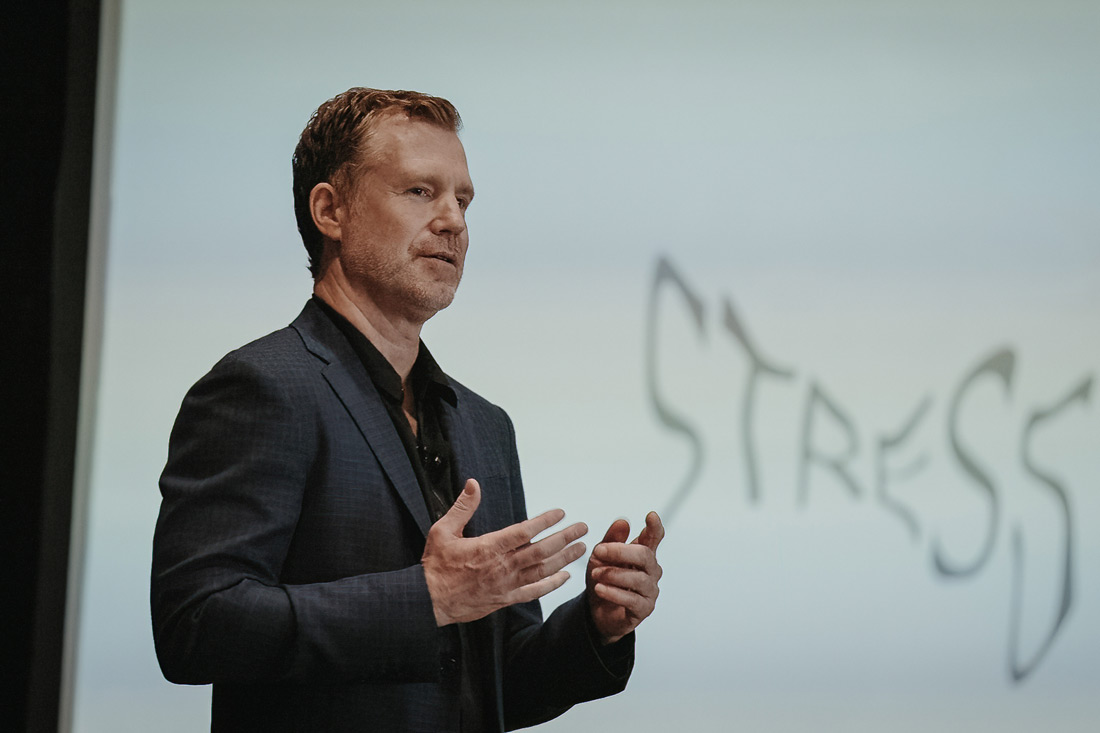In the ever-evolving and unpredictable landscape of today’s business world, one thing remains clear: the need for human transformation. While the COVID-19 pandemic may have triggered shifts in how businesses operate, the key to thriving in the post-pandemic era lies in the empowerment and growth of individuals.
Jeff Benton and Brett Weinroth, founders of Paragon Performance Evolution, have embarked on a mission to revolutionize peak performance and human development. For them, the path to success is not just about adapting to new technologies and workflows but embracing a holistic approach that unleashes the potential of individuals to become the best versions of themselves—both personally and professionally.
And they are doing this with leaders and some of the highest performers around the globe. Paragon clients include Fortune 500 companies and leading academic institutions such as Kearney & Company, Fidelity Investments, Cornell University and Northwestern Mutual, to name a few.
At the core of their philosophy lies the belief that human transformation is not an abstract concept—it’s the foundation for lasting success. Research has shown that individuals who possess self-awareness and emotional intelligence are better equipped to navigate challenges, communicate effectively and foster stronger relationships. The power of transformation lies in unlocking resilience, adaptability and innovation, according to Daniel Goleman, Ph.D., author of Emotional Intelligence. These are qualities that can drive businesses to unparalleled heights.
According to Benton, businesses today face the imperative of investing in their human capital, which is why Paragon emphasizes the creation of a culture founded on trust, transparency and vulnerability. Such an environment, Benton says, encourages open communication, active listening and constructive feedback, creating a fertile ground for human transformation to take root and flourish.
Beyond a mere culture shift, Paragon cites the importance for personal growth and professional development among individual team members, including training in self-awareness, emotional intelligence and mindfulness practices. By nurturing this journey, Benton says, businesses can expect to reap the tangible benefits of a more engaged, healthier and more productive workforce.
The success stories of companies like Microsoft and Airbnb further reinforce the significance of human transformation. These industry giants have placed empathy, emotional intelligence and continuous learning at the core of their culture. In doing so, they have maintained agility, innovation and growth, positioning themselves as leaders in the ever-changing landscape, according to Harvard Business Review.
But human transformation isn’t just about individual gains—it’s about creating a positive impact on a broader scale, according to Weinroth. Purpose-driven companies have showcased outstanding financial performance and are more attractive to top talent. Moreover, he says, they embrace their responsibility to address global challenges, contributing to a more sustainable and equitable society.
In the post-COVID-19 era, human transformation is not a luxury; it is imperative for businesses that seek lasting success and relevance. As businesses navigate the complexities of the new normal, Benton and Weinroth advise to remember: Behind every successful company is the power of human transformation. By investing in their human capital and embracing a culture that nurtures growth, businesses can not only survive but thrive in a world that craves purpose and connection.






